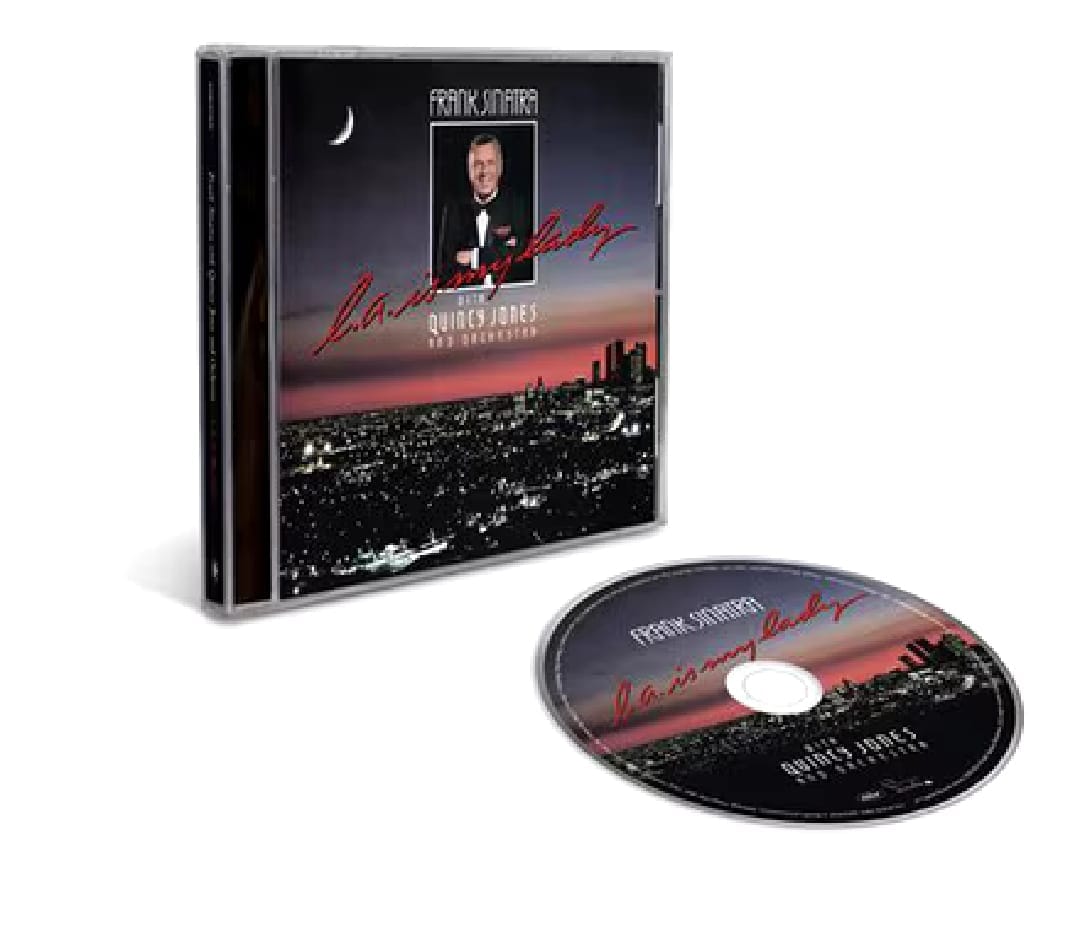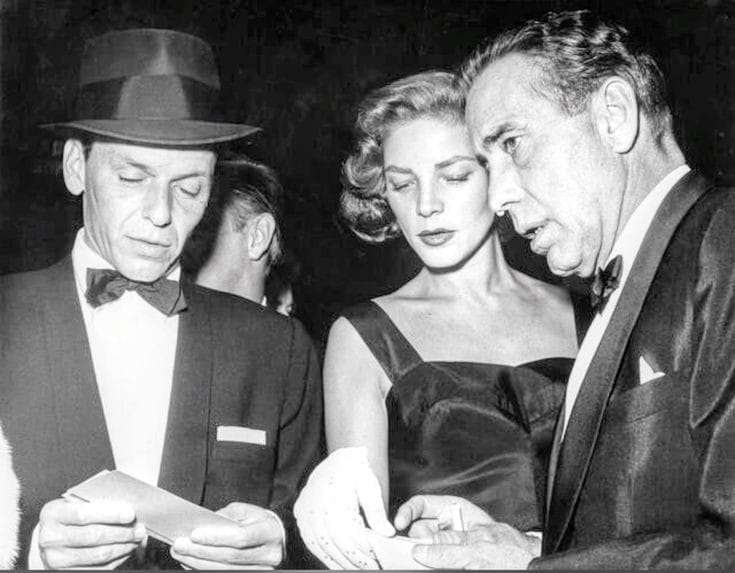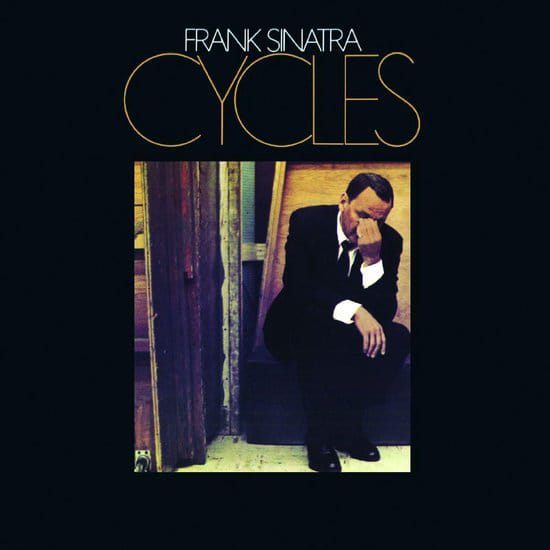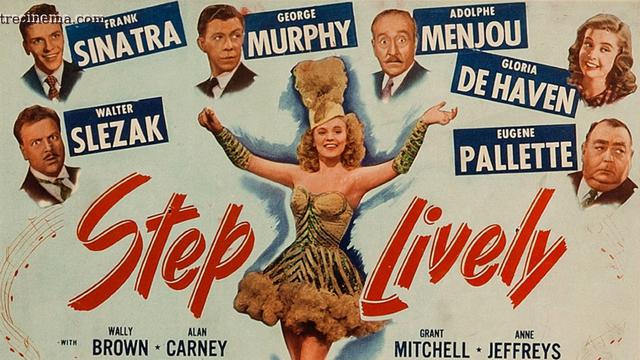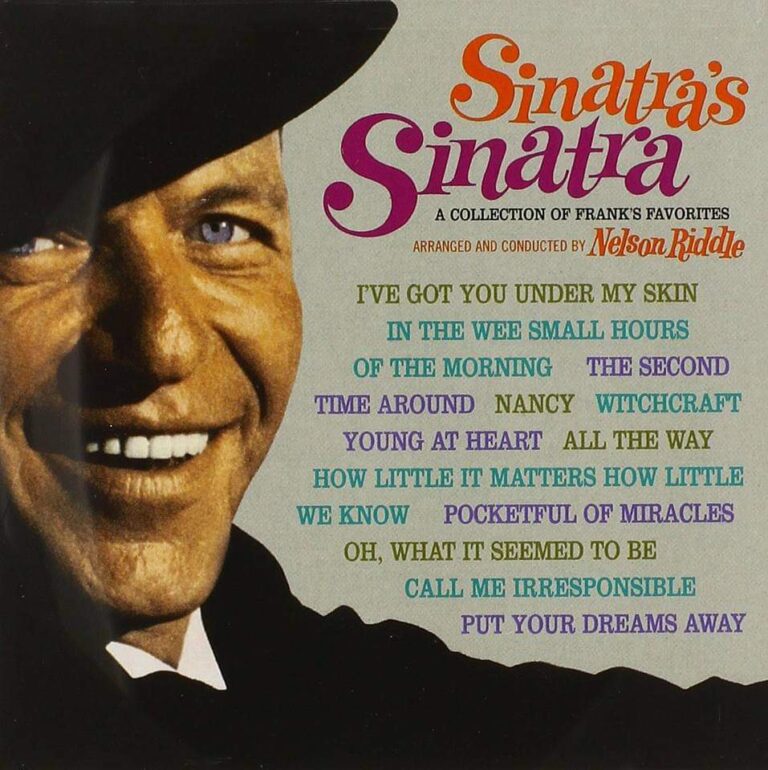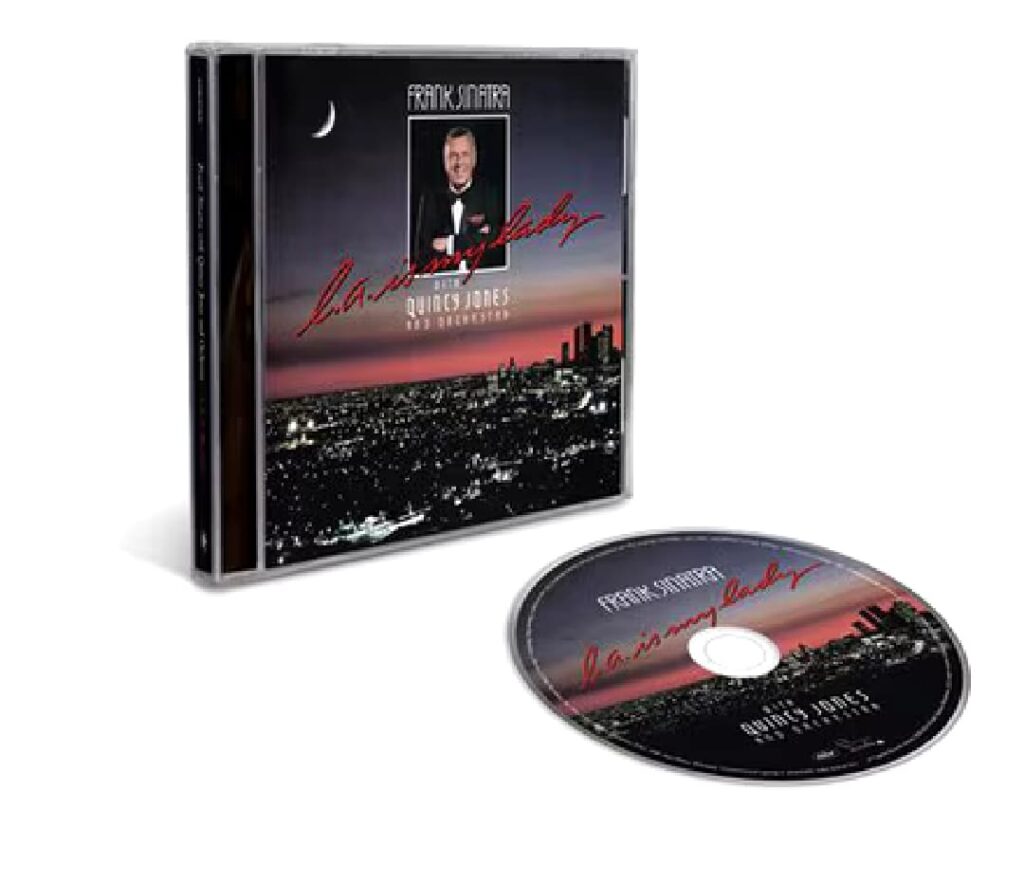
L.A. Is My Lady (40th Anniversary Reissue)
By Mahnuel Muñoz
Why reissue an album that has generated polarization between critics and fans, that at times reveals its “eighties” and, to make matters worse, was a commercial failure? If anniversaries with round numbers are so attractive, why not revive “Songs For Young Lovers” and “Swing Easy“, his first two albums for Capitol Records, which celebrate seventy years without having lost a gram of their original freshness and us do they offer a reborn Frank Sinatra at the peak of his discipline?
I think the answer is that the aforementioned albums were instant classics that need no vindication, while “L.A. Is My Lady” is a work of notable historical value that deserved better fate, as did “A Man Alone” (1969) and “Watertown” (1970); These last two titles gained their significance for being the most audacious projects that Frank Sinatra had signed to date and suffered general incomprehension.
“L.A. Is My Lady,” meanwhile, is a return to the roots of the Voice’s musical work, the Great American Songbook, backed by some of the jazz scene’s most prominent musicians. It is a gem that, once again, went unnoticed in the kaleidoscopic musical cyclorama in which Prince‘s “Purple Rain“, Madonna‘s “Like A Virgin“, “Born In The U.S.A.” by Bruce Springsteen or the debut album by the hip hop duo Run-D.M.C.
The passing of the years, however, has suited “L.A. Is My Lady” wonderfully and the listener, whether regular or new, can find a lot of enjoyment if they let themselves go, releasing the burden of prejudices. This album was created with infinite and very contagious joy and love, it is the jubilant farewell to a more integral and organic way of understanding and creating music that, in our present, is more necessary than ever to reclaim.
Two formats are available, the vinyl LP that faithfully reproduces the 1984 release and the compact disc with six bonus cuts and a twenty-four-page booklet with photos, song lyrics, original liner notes by Stan Cornyn and an additional commentary by Charles Pignone, (writer, music producer and vice president of Sinatra Enterprises) as well as testimonies from Phil Ramone, Quincy Jones, Lionel Hampton, Alan and Marilyn Bergman, Sammy Cahn, Michael Jackson, Stan Cornyn and Frank himself.
Larry Walsh, a sound engineer who has been involved in the remastering of numerous Frank albums, has done the same with this work, removing reverb from Sinatra’s voice and increasing the presence of the guitar, piano and strings. The balance between the voice and the orchestra is quite good, although in “Teach Me Tonight” the musicians “swallow” the singer a little.
THE EXTRA MATERIAL
HOW DO YOU KEEP THE MUSIC PLAYING
Firstly we hear a version recorded on March 16, 1983 – probably during what must have been the sessions for Frank Sinatra’s ill-fated project with Lena Horne – in a more intimate arrangement signed by Joe Parnello supporting the contained and deeply moving interpretation of Sinatra, which makes the piece a different song and a unique experience. This recording was released in 2019, closing the compilation “Frank Sinatra Sings Alan & Marilyn Bergman” and I remember the first listen, in my room, with my eyes closed, feeling that Frank was physically present singing just for me. The world, with its omnipresent noise, stopped. And I was very, very happy to be able to feel and enjoy that way.
A third version is included, arranged by Bob Florence, recorded on May 17, 1984. It is a more contemporary vision, as opposed to the dense orchestrations of the aforementioned versions, and it is the one that excites me the least. Still, it’s interesting to see the very different approaches that were tried for this piece.
MACK THE KNIFE
After two years of polishing the performance of this song in concert, Frank decided to re-record the vocal part on October 30, 1986, significantly improving the original. This version was released on the first compact disc editions of the album. Here we hear him more involved in the song, and the final punchline is much more rounded, with the famous phrase “You better close the door and call the authorities, because Mackie, that slacker, has returned to town.”
AFTER YOU’VE GONE
We hear a studio take that could very well be a rehearsal, because of the flat way in which Frank sings almost the entire song. The interesting thing about this cut is that we hear him sing parts of the lyrics that were ultimately not used, and he does so in the part that finally occupies George Benson’s wonderful guitar solo.
BODY AND SOUL
“Body and Soul” is, perhaps, the most recorded jazz standard in history. Since it was written in 1930 by Edward Heyman, Robert Sour and Frank Eyton, with music by Johnny Green for the British actress and singer Gertrude Lawrence, hundreds of musicians from all disciplines, mainly in the field of jazz, have recorded their version of it. magnificent work. Frank recorded it on November 9, 1947, with an arrangement by Axel Stordahl and an unforgettable trumpet solo by Bobby Hackett.
He wanted to take it up again in 1984 to include it in the album “L.A. Is My Lady” with a beautiful arrangement by Bob James (1), but after some rehearsals it was discarded. For years an unofficial recording of said rehearsals has circulated among collectors, which, like other attempts like “Lush Life“, leave us with the honey of a complete version on our lips. Sinatra’s vocal part was used on October 26, 2007, wrapped in a wonderful arrangement by Torrie Zito, for the compilation “Nothing But The Best” (2008) (2). The reissue of “L.A Is My Lady” includes both the rehearsals and the 2007 re-recording.
“Body And Soul” is a beautiful finishing touch to this reissue and a declaration of principles not only of the album but of the career of Frank Sinatra, who, despite his contradictions and problems, always gave himself body and soul to his art. .
NOTES
- (1) Robert McElhiney James (1939) American jazz pianist, arranger and record producer. She founded the band Fourplay and wrote “Angela”, the theme song for the television series “Taxi” (1978-1983). The music from his first seven albums has been often sampled and is believed to have contributed considerably to the formation of hip hop. Among his best-known recordings are “Nautilus”, “Westchester Lady”, “Tappan Zee” and “Take Me to the Mardi Gras”.
- (2) This arrangement was probably the last work of Torrie Zito, who died from pulmonary emphysema on December 3, 2009.
Access the Complete Discography of Frank Sinatra in the following link of Sinatra Radio 24h https://sinatraradio24h.com/category/discography/
We remind you that you can also listen to Sinatra Radio 24 hours on your mobile phone by downloading our free applications for Android in the Play Store https://play.google.com/store/apps/details?id=sinatra.radio24h, and free applications for iOS in the Apple Store https://apps.apple.com/app/sinatra-radio-24h/id6599859344

